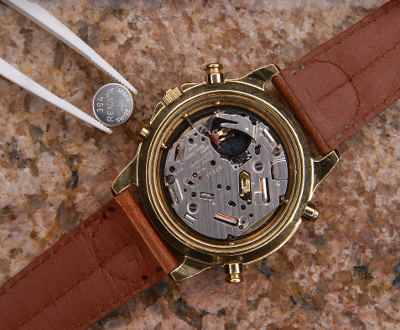Portable technology keeps getting smaller, but battery life often suffers. A new microprocessor from Ineda Systems could change that trend completely.
One major focus for technology the past decade or so has been miniaturization and battery life. We’ve seen the trend extend from laptops, to smartphones, to tablets, to wearables. Making technology portable is great, but it needs to be big enough to have a battery that will store enough power to last more than just a few hours.
Battery life has been one of the biggest struggle of the wearable. While the time it takes to deplete a full charge for most devices is just as much–if not more–than the average smartphone, that may not be enough for many, since a smartwatch is being compared to it’s predacessor–actual watches–which could go years without being charged.
As a result, many of the people that buy smartwatches only wear them for a short time. The added hassle of remembering to charge a device that replaces the watch–which is historically amongst the most reliable technology ever invented–results in most people discontinuing use in the first six months or less.
That’s where Ineda Systems comes in. The 3 year old startup claims to have developed a microprocessor specifically for wearables that lowers power consumption so much that devices using it can last as long as 30 days. That type of battery life could go a long way towards encouraging mainstream adoption and continued use of wearables.
Peoduct deals should be anounced in the next 3-6 months. The company’s board has strong ties to Samsung and Motorola, which in turn are both also hardware partners for Google Wear, which also launches this summer, so such a technology couldn’t come at a better time.
Ineda Systems hardware is already in customer trials, so it’s possible it will be in the first generation of Android Wear devices, such as the Moto 360, but we won’t know for sure until we get a full spec list for that equipment.
It isn’t specified if the same technology can be adopted by smartphones or other computing devices, but advancements in battery life such as the ones being made by Ineda Systems will no doubt spur additional innovation and improvement for anything that uses a battery.
Source: re/code
Be social! Follow Walyou on Facebook and Twitter
Read more on Walyou, Google Might Become Your New Favorite Carrier,The Quantified and Augmented Self











